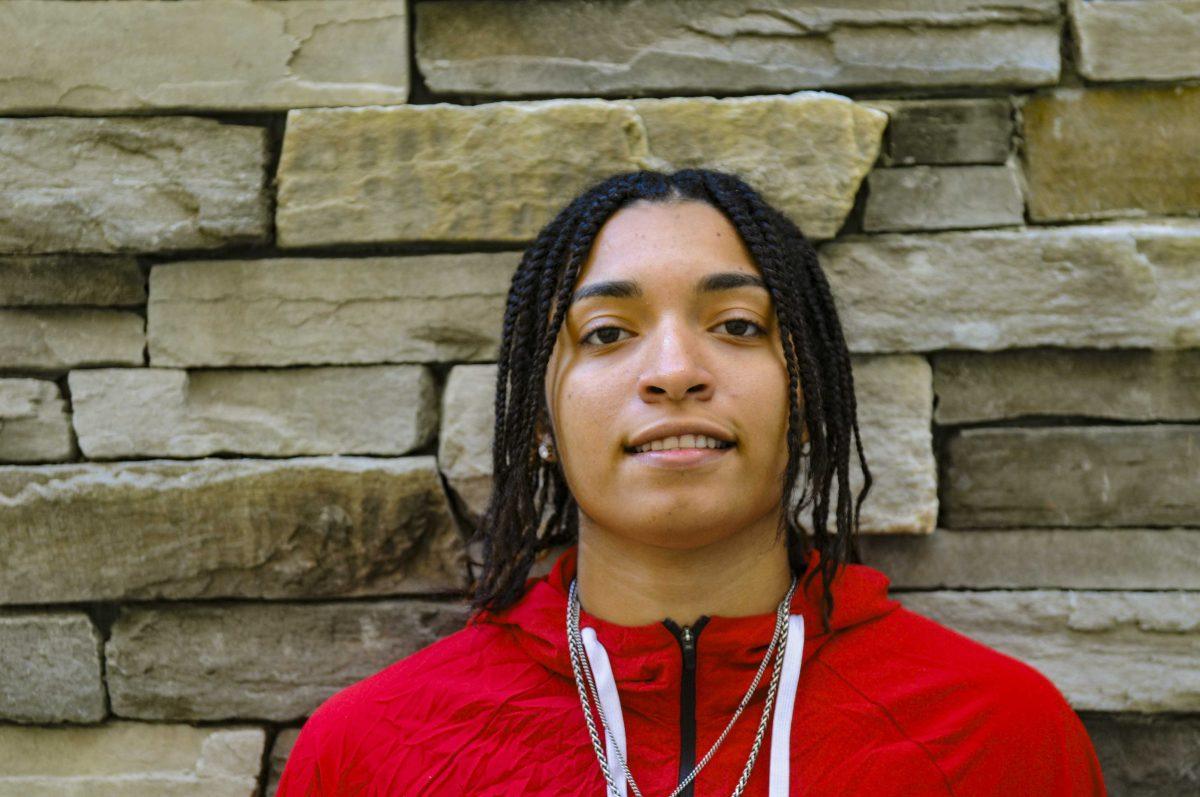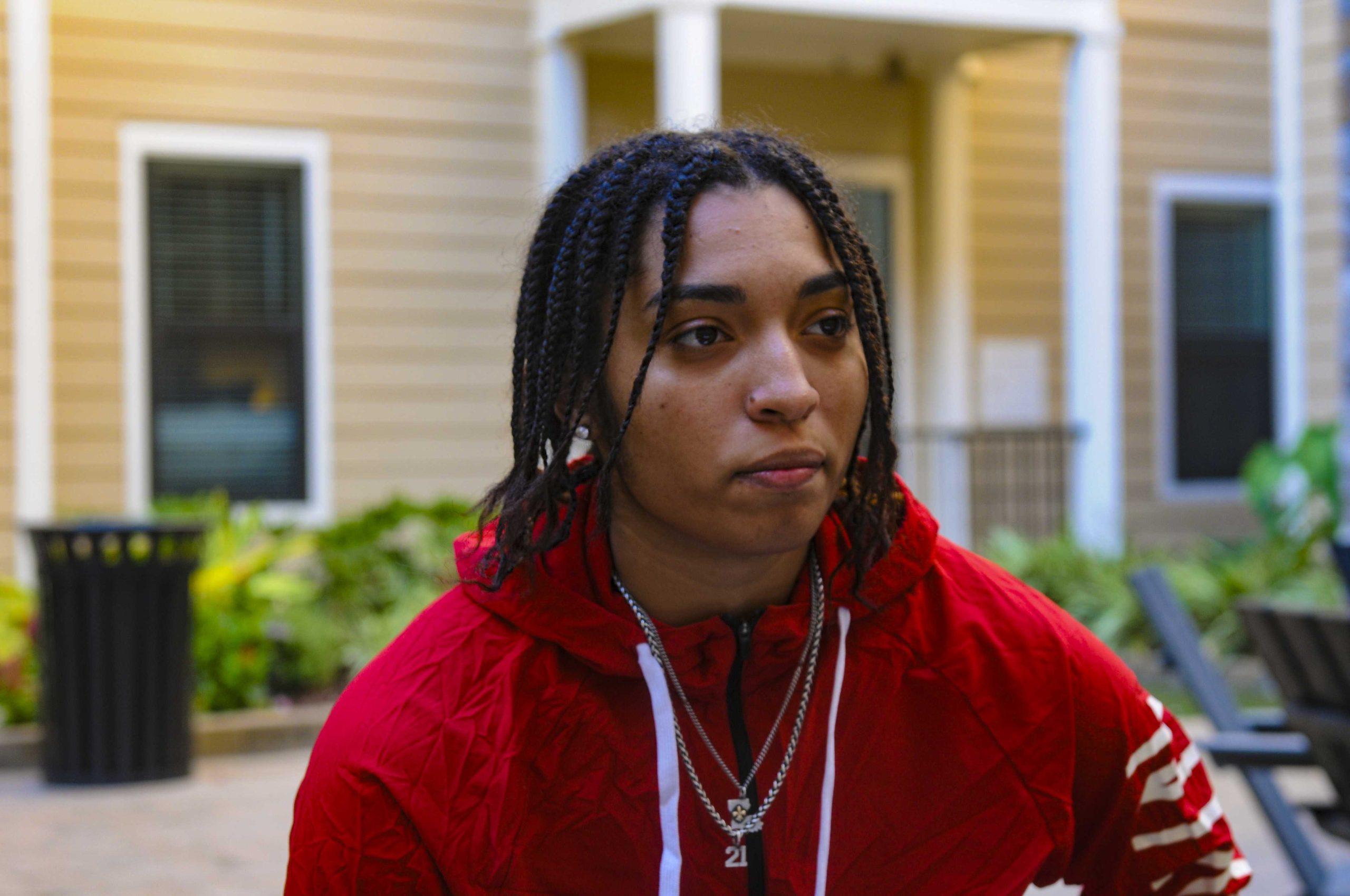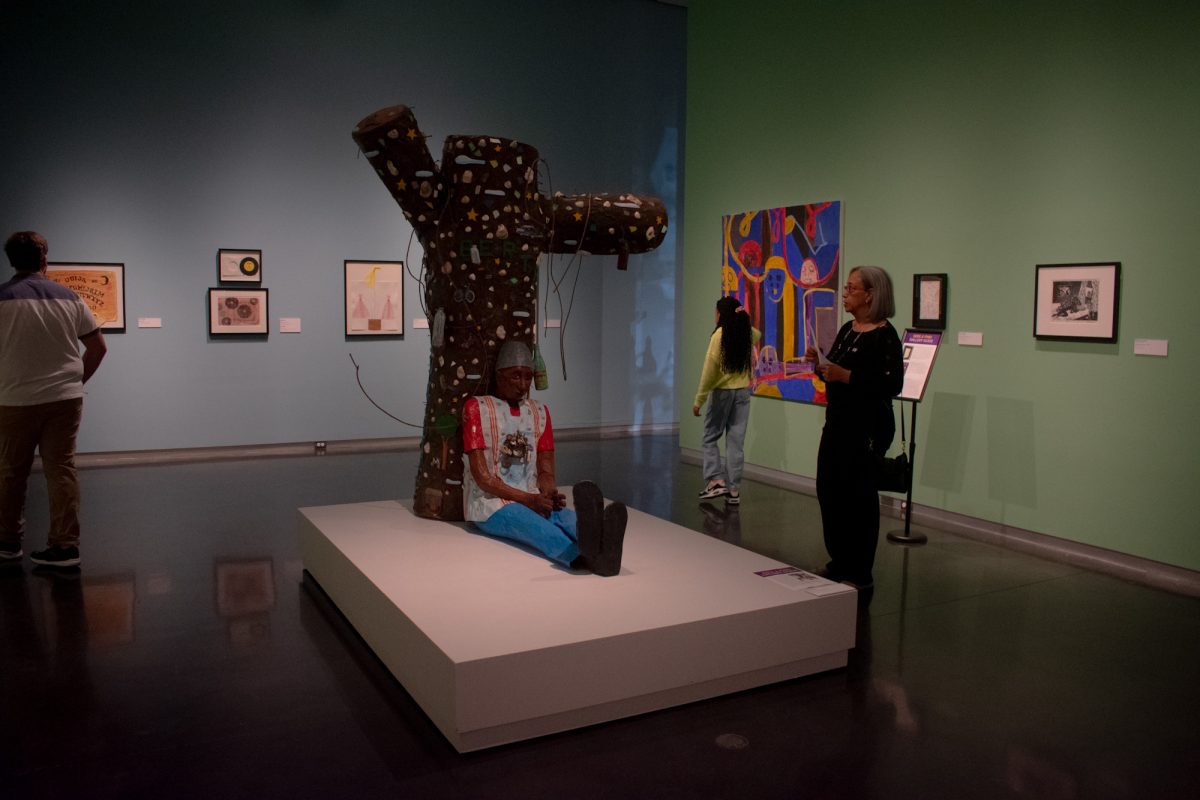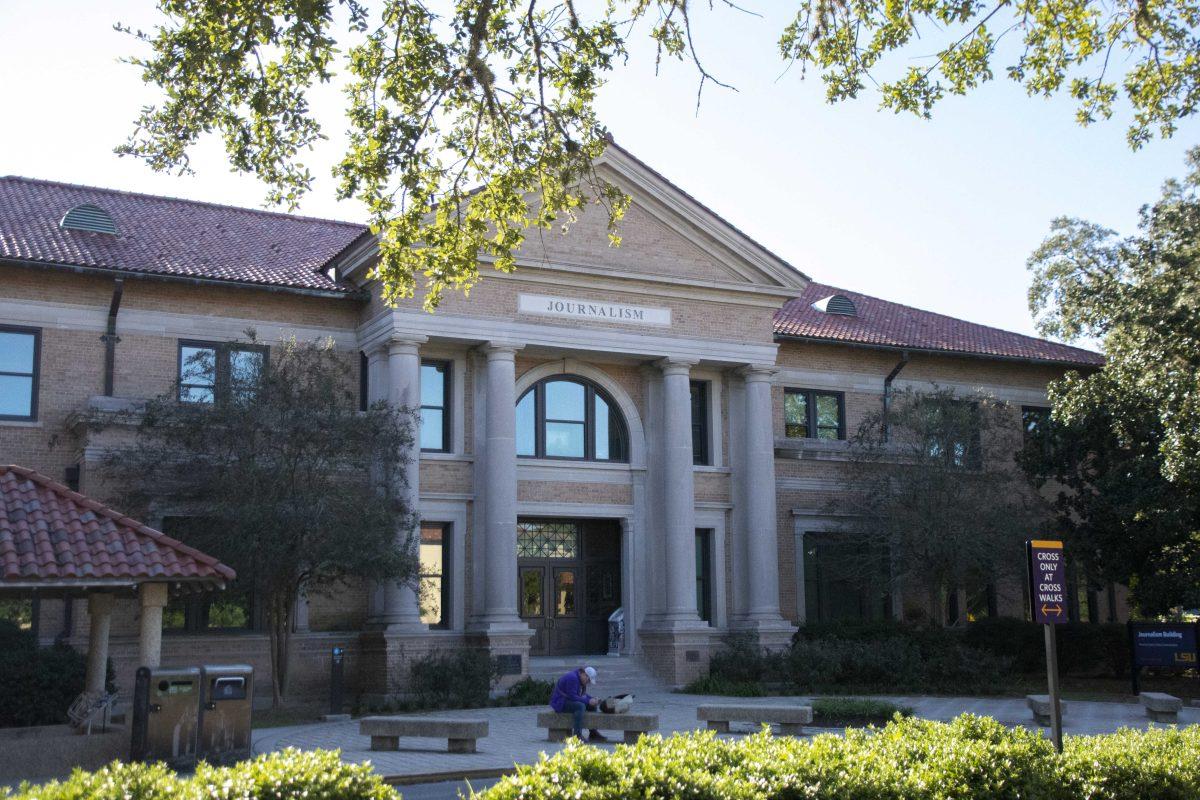Updated as of 8:05 p.m. on Tuesday, Jan. 26.
Future LSU undergraduates could be required to take an introductory class to African and African American studies (AAAS) if the LSU Faculty Senate passes a resolution that proposes the change to the University’s core curriculum.
Those who helped draft the resolution expect the Senate to vote on the resolution during its meeting on Monday, Jan. 25. If passed, the resolution would be the first step in a process that will turn AAAS 2000, “dimensions of African & African American thought and practice in contemporary and historical perspective,” into a required course for all LSU undergraduates.
Lori Martin, the acting head of LSU’s new AAAS department, was instrumental in bringing the resolution before the senate. In early January, a few weeks before the expected vote, she was asked how the resolution came to be.
“I would actually start with the establishment of the Black Student Athletes Association (BSAA),” Martin said.
Domonique Davis, a sophomore guard on LSU’s women’s hoops, founded LSU’s new BSAA last summer. Amid the nationwide reckoning with racism and resurgence in civil rights protests, Davis recruited five other athletes to lead the BSAA: Charles Lewis, Xavi Mulugata, Jurnee Woodward of track and field; Akiya Thymes of softball and Aundre Hyatt of basketball. The six began to meet over the summer to discuss how to affect change in their campus community.
“Just seeing these past few months,” Davis said, “that we actually can do a lot of things as athletes, it just shows me how much power that athletes have.”
BSAA leadership took the request to Martin, the faculty athletics representative. She went to work, advocating up and down the administrative ladder on their behalf. The faculty members and administrators she worked with said the athletes’ support was critical in drafting the resolution that would eventually go before the Faculty Senate.
“The students have an important voice in it,” Vice Provost for Academic Programs and Support Services Matt Lee said.
Over that summer, the highest levels of University leadership convened a summit, a meeting of over 100 campus leaders, designed to figure out the best ways to implement the school’s new diversity and inclusion roadmap. Lee invited Martin to attend the summit’s academic committee, who brought BSAA’s request for the University to require AAAS 2000 for all undergraduates.
Lee and other committee members initially proposed a broader “diversity requirement”, in which students could choose from a “menu” of classes that teach about historically marginalized groups, such as the Latinx and LGBTQ communities. But Martin reminded the committee that the BSAA request was for AAAS.
“It was just something that we all felt was needed, especially for Black students in college,” Davis said. “But for everybody, to let everybody else see that there was another side to a lot of stories.”
The committee decided that the best route to implement the request would be a Faculty Senate resolution. Senators Sonja Wiley and Cassandra Chaney authored the resolution, presented it at the Nov. 18 meeting and led a customary debate. A few senators objected, others voiced support and some asked questions about implementing the potential change.
The senate will revisit the resolution on Monday, Jan. 25., when the group will have multiple options. Depending on support from the body, it may move to take a vote even if it can’t ensure the vote will pass. Wiley and Chaney could amend the resolution if questions about implementation persist.
Only one thing is certain: the senate will have another discussion about the resolution, a debate it would not be having without the BSAA.
“It just happened one too many times,” Lee said in regards to police killings in America, “and the reactions have gotten slowly stronger. This time it finally got enough traction, and the right players were in place institutionally to say this time we’re going to make a concerted effort to address some of these issues.”
“The BSAA were really extraordinary leaders over the summer,” Barrett said, “in helping our LSU community think through what it would be like to envision a world where all of us critically engage with the history and reality of the Black and African American experience in our country and in our state.”
“The student involvement here was explicit and direct,” Stephen Finley, former AAAS director, said. “We’re not even here with this resolution without the students.”
Davis’ idea to form BSAA first entered her mind on June 12, 2020 during a protest in Free Speech Alley, a protest focusing on “rally(ing) for unity” against racism and police brutality.
“We have this platform. Why not use it?” Davis asked. “Why not be the voice for younger Black kids who don’t necessarily have that voice?”
During the protest, she sat with her friend Devin Scott, LSU Student Government’s director of diversity. Scott tried to convince Davis to step out of her comfort zone and use her voice to speak at the LSU protest in June.
“I’m not the talking type,” Scott recalled Davis telling him there.
Instead, Davis went to work behind the scenes. She brought her idea to several athletic administrators such as Lakeitha Poole, Courtney Randall and Nikki Fargas. Each supported her fully and assisted her in forming the BSAA.
Since then, Davis has become a trailblazer for student-athletes on campus.
Davis said the BSAA serves as a forum for student athletes, who sometimes feel disconnected due to their jam-packed schedules and commitments, to be involved in student life, community and social justice areas. It shows that athletes are more than just athletes, Davis said, that voices are more valuable than what they can do on the field or court.
“I knew Domonique [Davis] was a leader since the first day I met her,” Scott said. “She is natural at what she does. When you’re a good leader, you have influence.”
Scott believes that Davis’ natural influence made it easier for her to find other student athletes and a support system to start the BSAA. Since he and Davis’ friendship has grown, he said that he has noticed Davis’ confidence increase dramatically. Davis no longer shies away from the spotlight or pressure, he said. She now embraces it.
“Dominique is an icon already,” Scott said. “She’s a revolutionary.”
The athletes who led the drafting of the resolution before the Faculty Senate on Jan. 25 do not yet know what the final tally will be. Regardless of the outcome, Davis said she and her fellow athletes will not stop there.
“We’ll just keep pushing, keep pushing until we get it,” she said. “Because I do believe this is something that’s needed.”
During Monday’s Faculty Senate meeting, however, a motion was passed to move the resolution to a special committee for further evaluation. After this motion was passed, the two senate sponsors, Cassandra Chaney and Sonja Wiley, decided to withdraw the resolution from the senate, calling the motion for a committee “a stall tactic.”
“We, the committee that write the resolution, understood that this was a possibility,” Martin said of the motion, “and agreed that if this happened, that we would refuse to be part of a process aimed at delaying the resolution and/or de-centering anti-blackness.”
No further action will be taken in regards to this specific policy.
The purpose of course proposal was to “confront anti-blackness by ensuring undergraduate access to anti-racist curricular offerings,” the resolution reads.












